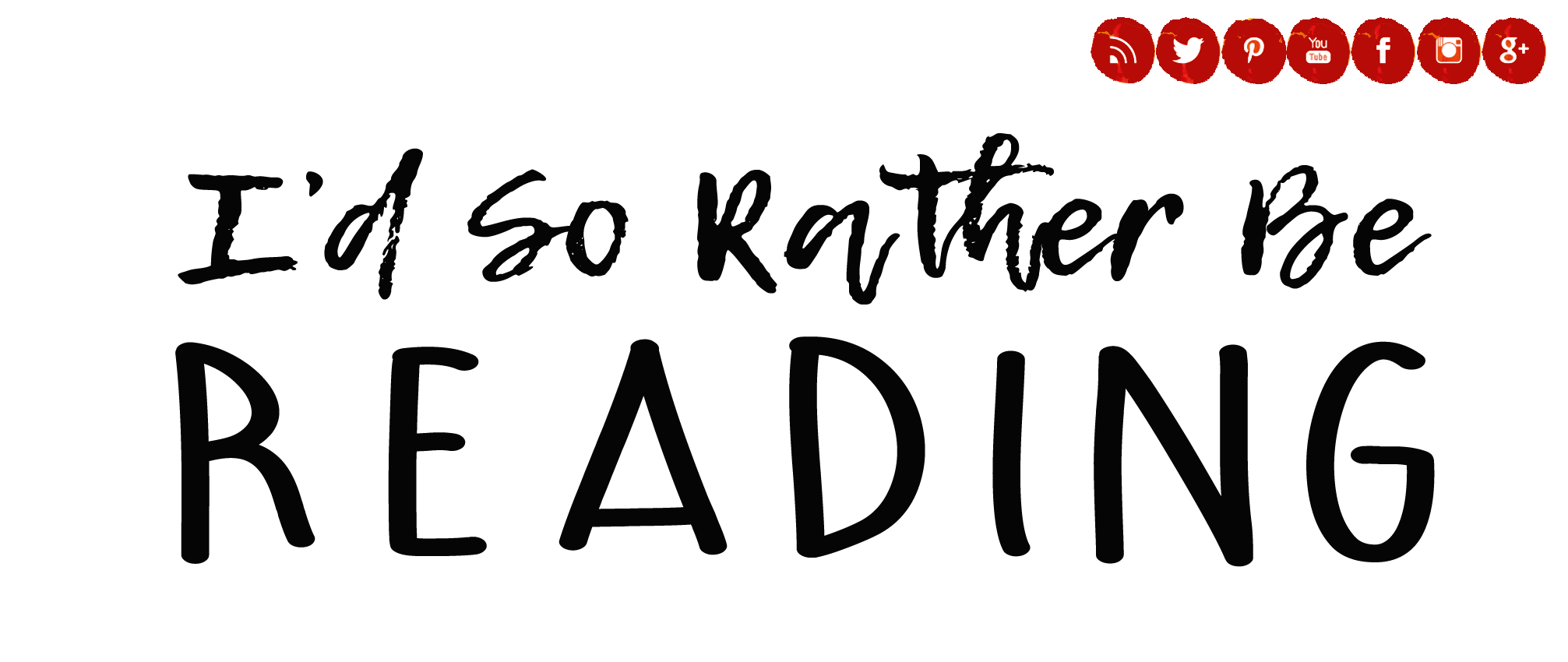Is Dark Places another Gone Girl or an
Adaptation Gone Wrong?
by Spencer Blohm
Award-winning
author Gillian Flynn has now had two of novels adapted into feature length
films, with Dark Places, based upon the novel of the same name,
currently in theaters. Gone Girl, Flynn’s first adaptation directed by David Fincher, was an
overnight success garnering positive reviews from both critics and audiences.
While
the novel Dark Places has some of the same elements that made Gone
Girl so popular, the film adaptation falls short of living up to its
predecessor. The film lacks the key psychological insights and feel of
Midwestern malaise that were integral to the story as told in the source
material. General consensus is that the adaptation would have been better handled back in Fincher’s hands and with more direct input from Flynn, rather
than actual director Gilles Paquet-Brenner, who also wrote the screenplay for
the film, albeit with Flynn’s blessing.
 |
| Image source: blogs.indiewire.com |
Dark Places tells the story of Libby Day, played by Charlize
Theron, who had witnessed the
gruesome murders of her mother and sisters in their home 25 years prior. At the
time 7-year old Libby testified, under pressure from lawyers and the media,
that her older brother was the murderer resulting in 16-year old Ben being
sentenced to life in prison.
As an adult, Libby, who has
lived off of donations and book royalties from her so-called autobiography,
finds that the money supply has dried up and she is broke. Still haunted by the
murders and skeptical of anyone that says they believe Ben to be innocent, she
is nonetheless willing to entertain a proposition from members of an amateur
crime solving club who call themselves the Kill Club in exchange for some cash. But getting involved with this
group forces her to revisit her painful past, and as she begins her own
investigation into the murders, she realizes the truth is more twisted than
anyone could’ve imagined.
From
the beginning of the novel, we get a feel for the psychological state of the
main character Libby Day. Right off the bat, in the first line of the
novel (told in first person by Libby) we are told there is a “meanness” inside
of her, a product of the Day blood, as she tells it. The novel builds on this
theme as we navigate the thought process of the adult Libby and journey with
her into her self-proclaimed “dark places,” a psychological journey that many
feel is not portrayed satisfactorily in the film adaptation.
As a
journalism alum, Gillian Flynn is very aware of how public perception can be
shaped and influenced by both mass media and publishing firms, a fact that she
exploits in both novels-turned-films. In both cases, strong female leads are portrayed
as victims by the media swaying public opinion in their favor, but neither is
found to be helpless or even all that innocent.
Both
leads are also portrayed in published works as being more “virtuous” than they
are in reality. In Gone Girl, the Amazing Amy books portray Amy as an ideal living a perfect
life, when in reality, she is far from a victim and is actually the psychotic
killer that orchestrates her own disappearances.
In Dark
Places, the novel A Brand New Day is supposedly an autobiography
meant to portray the adult Libby Day as inspirational and strong, having moved
on from the tragedy. But in reality, Libby is far from moving on and even
further from inspiring anyone, describing herself as a self-loathing and
self-proclaimed depressed kleptomaniac.
High
hopes were set for Dark Places, based on the overall success of Gone
Girl including stellar box office reception, but the film was instead met with mixed reviews and poor box office numbers. Some have criticized the movie
for lacking the elements of profundity and depth that captivated us so well in Gone
Girl, while the casting of the movie has taken some hits, especially with Theron not looking like the
Libby Day described in the book. But perhaps another reason why it failed at
the box office is the lack of marketing for the movie. Thanks to a
collaboration between A24 and DirecTV, the movie was released through VOD before its
theater release on August 7th, so all the people who had already watched it
didn’t bother going to the theater. And even those who may have been interested
in the film probably never heard of it due to a lack of posters and tv
commercials.
While
the movie is still a decently entertaining watch regardless of having read the book or not,
this is unfortunately one of those times where the general consensus that the
book is better than the movie is true. Whether you wish to see the film for
yourself and form your own opinion, I strongly urge you to first read the
novel, if you haven’t already done so already - you won’t be disappointed.

No comments:
Post a Comment
Word verification stinks--- but spammers are worse. Thank you for your patience!